Earth Day originated in the United States as a day dedicated to raising awareness and recognizing the value of Earth's natural environment.
On March 21, 1970, John McConnell, a sociologist, initiated and proposed Earth Day as a way to honor and celebrate the Earth. The movement gained support from the city of San Francisco and later from the then Secretary-General of the United Nations, U Thant.
However, a significant number of Earth Day supporters believed that the true Earth Day should be celebrated after Easter Sunday, specifically on April 22 each year.
On April 22, 1970, Gaylord Nelson, a Democratic senator from Wisconsin, launched Earth Day and garnered the participation of 20 million people. Nelson was actively engaged in advocating for the protection of the natural environment and is considered one of the early environmental leaders worldwide.
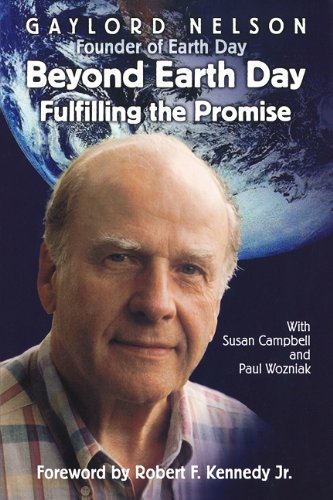
Former US President Bill Clinton praised Nelson for his contributions to the Earth, stating, "As the father of Earth Day, Nelson also pioneered subsequent events such as the Environmental Protection Act, Clean Air Act, Clean Water Act, and Safe Drinking Water Act." Fifteen years after retiring, in 1995, Nelson was awarded the Presidential Medal of Freedom by President Bill Clinton for his tireless efforts in environmental protection and safeguarding the Earth.
Initially, Earth Day was only known in the United States until Denis Hayes, the national coordinator, elevated the event to an international level in 1990 by co-organizing a series of commemorative events in 141 countries.
Currently, Earth Day is globally coordinated by the Earth Day Network and celebrated annually in over 192 countries. Many places around the world also organize Earth Week, featuring a wide range of activities centered around the challenges that the Earth is facing.
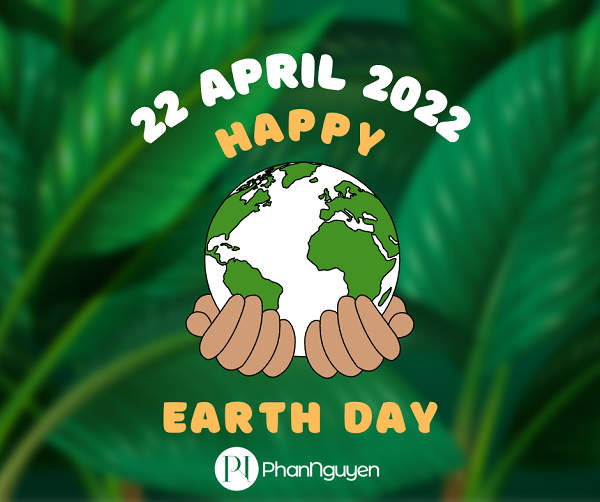
By 2009, April 22nd of each year was officially declared by the United Nations General Assembly as International Mother Earth Day or Earth Day.
Common activities on Earth Day include community gatherings and events to raise awareness about specific issues that the Earth is facing, tree planting initiatives, waste collection, and the protection of clean and beautiful living environments. Earth Day is a day when humanity sets aside daily tasks and worries to reflect and take action for the natural world in which we live.

Activities commonly seen on Earth Day include community events and rallies that call for community engagement in specific issues that the Earth is facing. These activities also involve tree planting, waste collection, and the protection of clean and beautiful living environments. Earth Day is a day when humanity temporarily sets aside daily tasks and concerns to reflect and take action for the natural world in which we live.
Protecting the Earth is not just the responsibility of Earth Day, but it is the responsibility of each of us every day to preserve the Earth for ourselves and future generations. One way to do this on a daily basis is to become smart and green consumers, consuming in a way that is safe for our health and protective of the Earth.
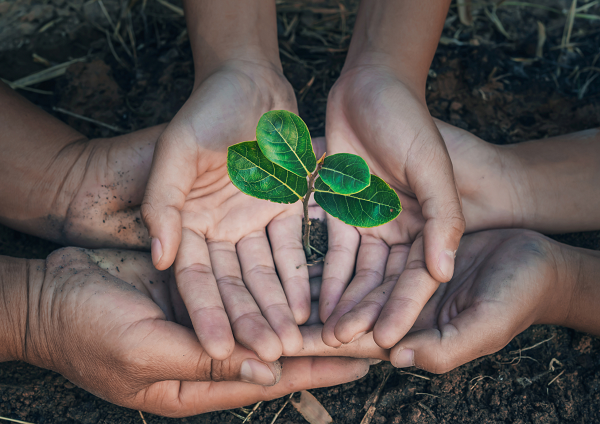
What is green consumption?
Green consumption refers to the utilization and promotion of environmentally friendly products that are safe for human health and do not pose a threat to the functions or biodiversity of natural ecosystems. It is a global trend embraced by consumers worldwide and is considered a standard in the production of goods for human use. Present-day consumers are willing to pay a premium for sustainable and organic products that adhere to environmentally conscious manufacturing practices.
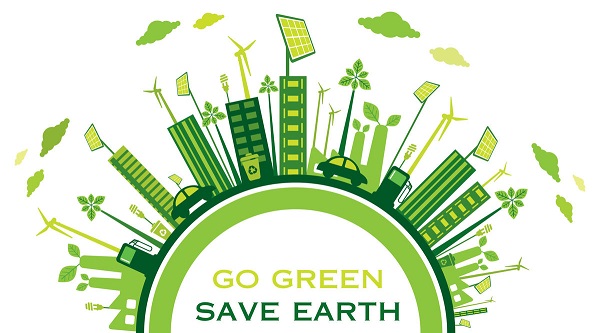
What is considered a "green product" in the green consumption ecosystem?
"Green products" encompass all products for human consumption in various industries such as food, cosmetics, household care, healthcare, and appliances. These products are manufactured using natural and organic ingredients that are less harmful to the environment and human health.
Organic products are a prime example of green products. The production process of organic products ensures the absence of five major components: no pesticides, no chemical fertilizers, no genetically modified organisms (GMOs), and no herbicides. Moreover, most organic food production facilities and farms utilize renewable energy sources to minimize atmospheric pollution, restoring the most natural state to the Earth.
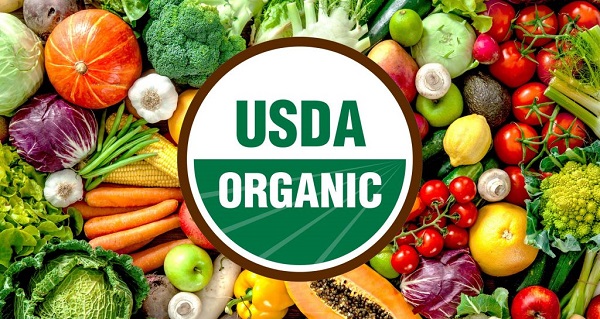
How are organic products distinguished from other products?
Organic products are those that undergo strict scrutiny and are certified to meet organic standards by reputable organic organizations worldwide, such as the USDA in the United States, the EU in Europe, AB in France, JAS in Japan, KOS in South Korea, and others. When a product receives organic certification, it is not a one-time evaluation but undergoes regular and periodic checks to assess its organic compliance throughout the entire production process. This includes examining the source of ingredients, water, soil, air quality, manufacturing facilities, processing procedures, and packaging. If any aspect fails to meet the organic standards, the final product cannot be labeled as organic.
Hence, if a product is claimed to be organic or sourced from organic ingredients by a company but lacks certification from reputable organizations on its packaging, it cannot be considered an organic product. The presence of certification labels from trusted organizations is crucial to verify the organic status of a product.

Let's protect the Earth through our daily small actions!
You can explore organic products at the following link: https://pncom.vn/
